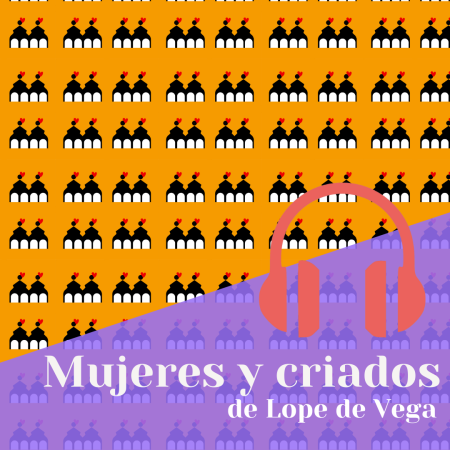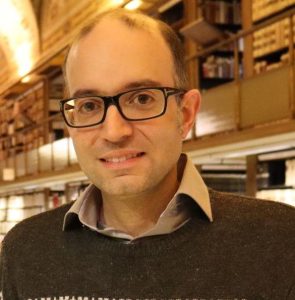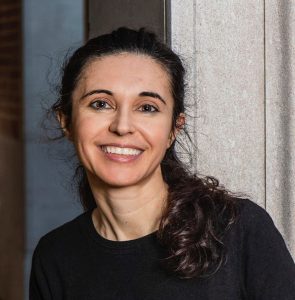Este episodio contiene el primer acto de Mujeres y criados de Lope de Vega, dramatizado por Jóvenes clásicos, junto a una entrevista con su director, José Carlos Cuevas, y los actores Nilo Ferkhan, Teresa Alba y Javier Cereto, así como con el investigador Alejandro García Reidy. En el primer acto, las hermanas Violante y Luciana intentan que su amor por los criados del conde Próspero, Claridán y Teodoro, salga adelante pese a la vigilancia de su padre y las sospechas del Conde. Transcripción en castellano disponible.
************
This episode includes Act I of Lope de Vega’s Mujeres y criados, performed by Jóvenes Clásicos. The episode features interviews with director José Carlos Cuevas, actors Nilo Ferkhan, Teresa Alba, and Javier Cereto, and scholar Alejandro García Reidy. In Act I, two sisters, Violante and Luciana, secretly court their servants Claridán and Teodoro and plot to achieve their desires despite their strict father Florencio and the servants’ master Count Prospero. Transcript in Spanish available.











